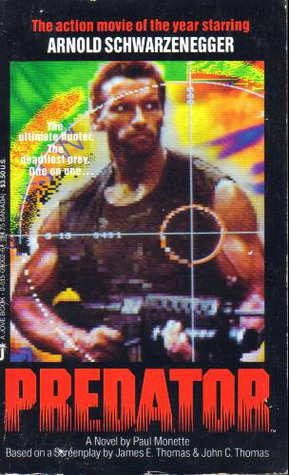What do you think?
Rate this book


200 pages, Paperback
First published June 1, 1987
To Roger Horowitz
Achilles was not such a warrior
nor so mourned by his comrade-in-arms
He had had his private war, and the winning of it, and whatever peace it left behind, were things he would never speak. It was a kind of homage to the men he'd lost.